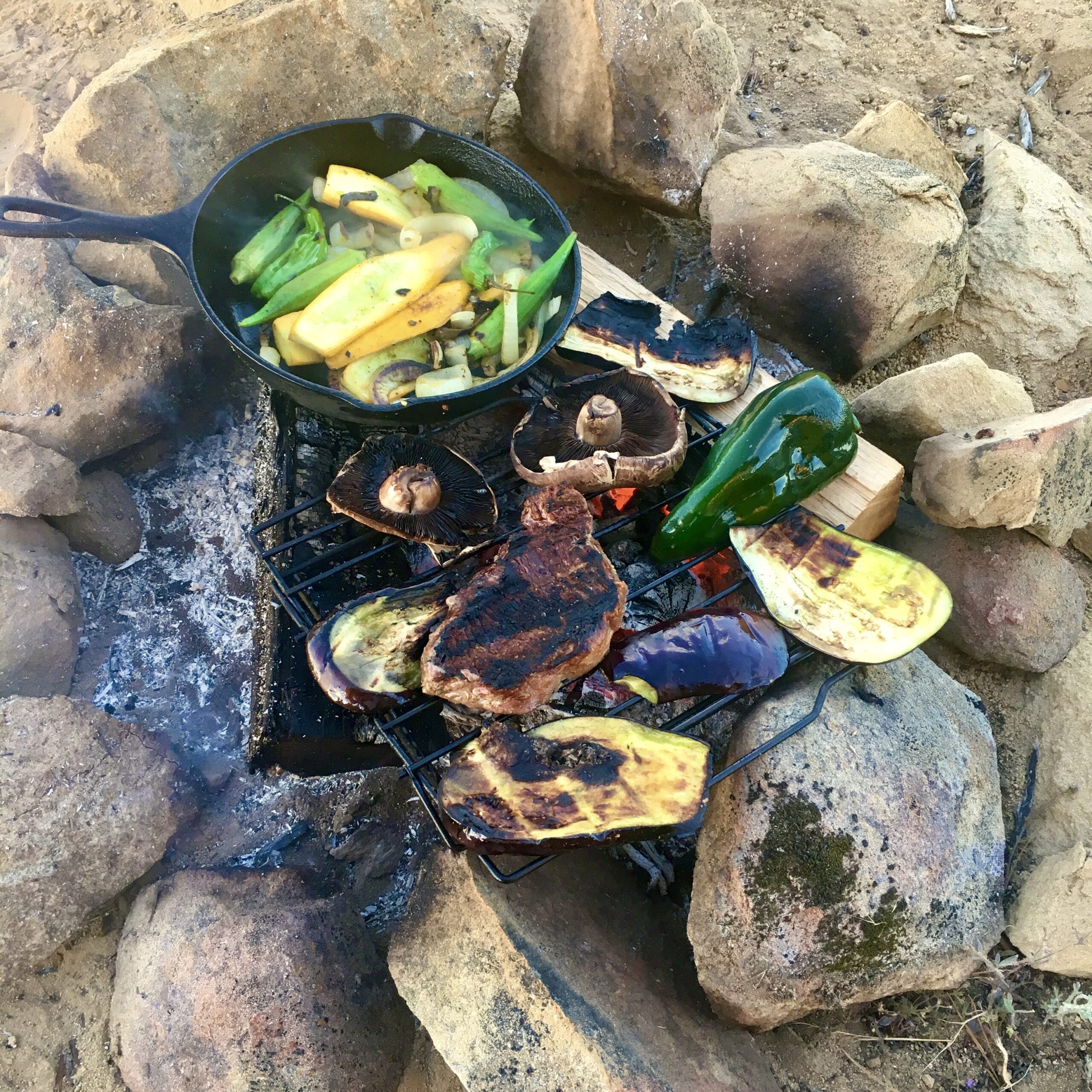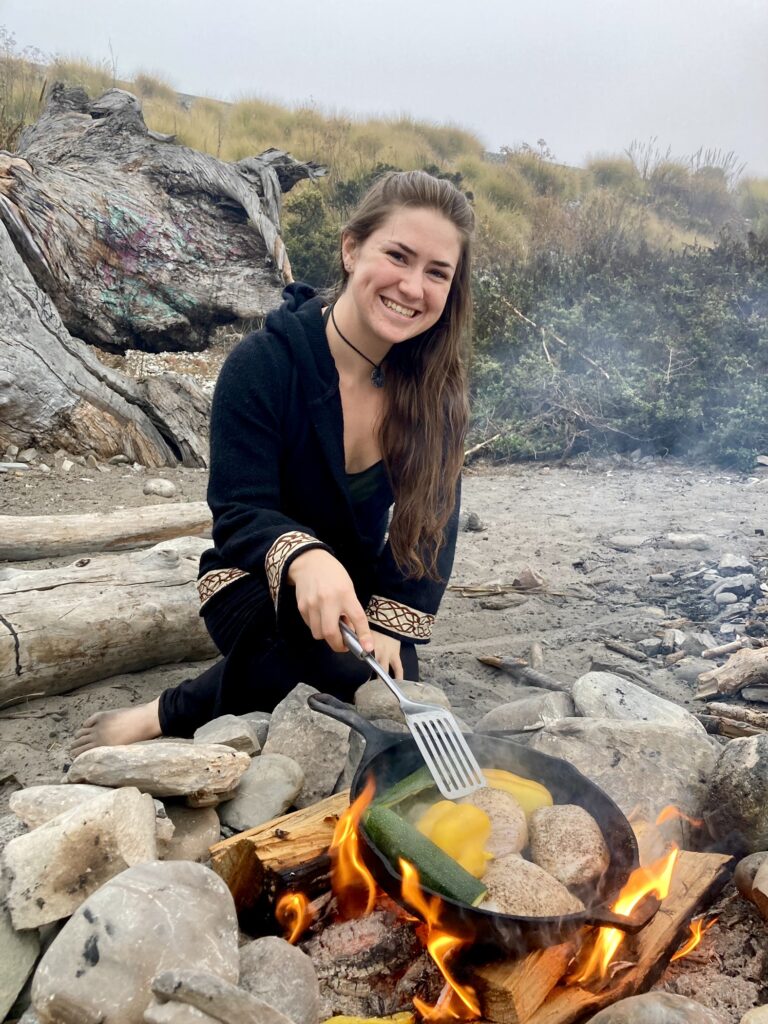Overcome Your Gut + Digestive Issues With Ancestral Nutrition
5 Ways To Determine The Truth When Facing Conflicting Nutrition Advice

One of the hardest parts about being healthy, is navigating contradictory nutrition and health advice.
There is so much info available to us today that it can start to feel incredibly overwhelming as you reach contradiction after contraction after contradiction!
Some people say to practice intermittent fasting, only eat 3 times a day, and eat high fat low carb. While others tell you to eat within 30 mins of waking, to eat plenty of carbs, and to eat 6 times a day.
Some people say sugar, caffeine, saturated fat, meat, vegetables, salt, and practically every other food that exists are healthy while others say they’re unhealthy.
How in the world are you supposed to know who to believe?
Well I have 5 different tips for you:
1) Tune Into Your Body-
Science is only trying to figure out what your body and nature already knows. So why not consult your own body on the matter. Experiment with your own diet and see how you feel.
Your body will tell you exactly what you need as well as what’s working and what isn’t, if you’ll only get out of your head and listen to your gut!
2) Compare The Nutrition Claim To What Our Ancestors Did-
This is where Weston A Price’s work can really come in handy since he did such a great job at documenting what our ancestors ate.
One of the most interesting things his work showed was the great variation in pre-modernized people’s diets. While the Eskimos thrived on fish, seal, seal oil, fish eggs, caribou, ground nuts, kelp, cranberries, organs, and sorrel grass and flower blossoms preserved in seal oil.
The Peruvian peoples ate corn, beans, squash, seafood, quinoa, potatoes, deer, birds, guinea pig, fish, eggs, fruit, and yucca.
However there are still many commonalities between them. They all ate whole seasonal foods from nature in their most unprocessed form. They prioritized nose to tail animal foods and were always careful to prep their plant foods properly (soak, sprout, ferment, or cook).
In addition to looking at his work, you can also just go out in nature and observe what’s edible around you, it won’t take too long to start seeing the patterns of what humans would eat.
So I recommend you asses nutrition claims for how compatible they are with nature and the natural world.
For example how well does the claim that saturated fat, cholesterol, and red meat are bad for your health really hold up, when you think about how much of our ancestors diets where composed of these foods?
3) See What People You Trust Say About The Matter-
This isn’t perfect because sometimes they will say different things. But if several nutritionists who consistently put out high quality well researched content are saying the same thing, then there’s a good chance it’s true.
It’s always ideal to do more of your own research, but I realize that’s not always realistic. Besides there are some great nutritionist out there that I learn a lot from.
4) Avoid Rigidity And Black And White Answers-
Realize that things are rarely simple enough to say that they’re objectively good or bad. A lot of factors come into play when determining if a food or habit will be beneficial or harmful for you.
Factors like food quality, food preparation, what other foods it’s served with, and your current health! So step back and try to look at the larger picture.
5) Look At Studies And Assess How Good They Are-
Not all studies are equal. Generally the best studies are done on humans, have large sample sizes, control for many variables, and are experimental studies. While studies that are observational, done on animals, have small sample sizes, and don’t account for other variables should be taken with a grain of salt.
When reading original studies look for these and use your critical thinking to determine how concrete of evidence you really gain from this study.









